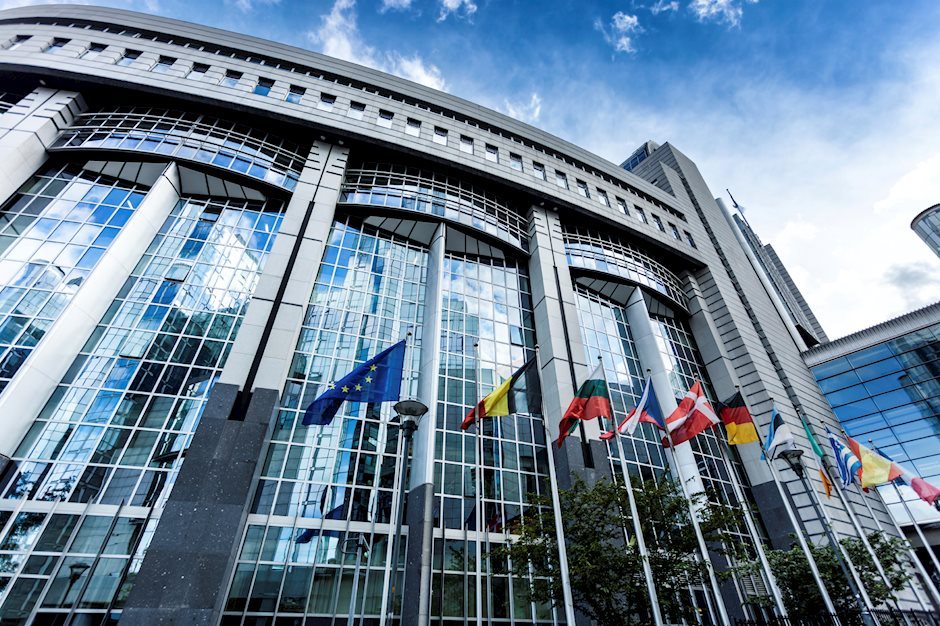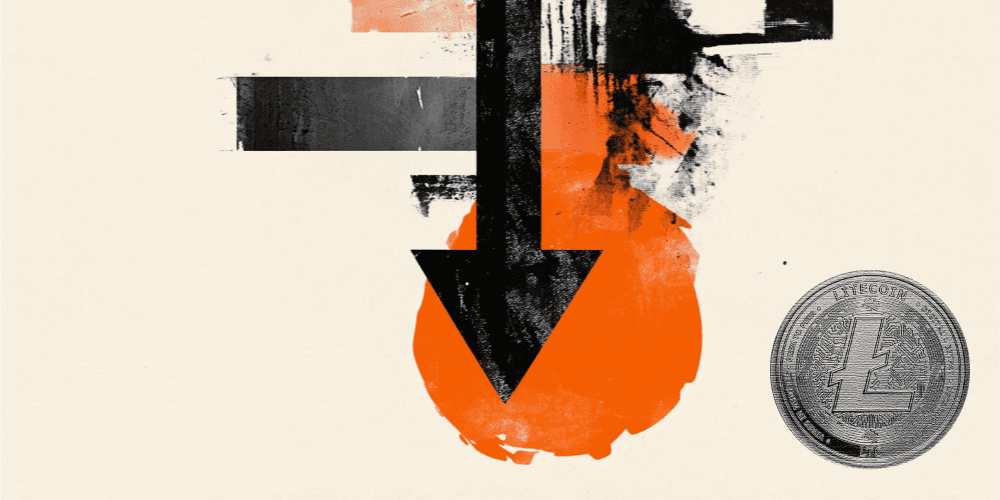A Change Under Foot in Europe

It seems perverse and ironic that we frequently learn more from our failures than our successes. This is translated into the affairs of countries by noting that crisis produces reforms. This seems particularly relevant for Europe. It remains a work in progress.
EMU was born out of crisis. It was not a crisis spurred by the drive to converge or build a European identity as some claim. The crisis was the fall of the Berlin Wall and the reunification of Germany. Under what conditions could France and the rest of Europe accept a united Germany? The deal that was cut between Mitterand and Kohl provided for two such conditions. Sharing the uber-mark with Europe and that is the euro. Share the Bundesbank's anti-inflation credentials with Europe, which meant lower interest rates. That takes the form of the ECB, which is headquartered close to the Bundesbank in Frankfurt.
The monetary union was born incomplete. The EU and the ECB's institutional capacity was enlarged through the Great Financial Crisis and the European debt crisis. It continues to be a work in progress. Some observers want to declare the experiment a failure because it has yet to foster a European identity or facilitate economic convergence. This may be too much to ask of monetary union and too soon to look for such results.
It is has been more than 150 years since the US Civil War. The Federal Reserve was created roughly half a century after the Civil War, and since at least the New Deal there are extensive fiscal transfers. Yet, the Old South, the part that left the union, is still home to some of the poorest parts of the country. The Federal Reserve itself has evolved institutionally and, for example, it got the authority to pay interest on reserves (required and excess) since the Great Financial Crisis. Twenty years after it was born, it will ill-prepared for the role it has subsequently assumed.
Europe is in crisis though it is not making the headlines. The crisis is that the political center continues to weaken even though Europe, at least on paper, is enjoying a broad economic expansion. The populist-nationalist forces are coalescing around the immigration, refugees, and asylum. It, more than Italian politics, is the disruptive force that is threatening the political status quo. Faced with rising AfD in the German state of Bavaria, Merkel's sister party, the CSU is trying to force a stronger stance against asylum seekers.
The controversial rules require the first country to register the refugee to be responsible for their welfare. Demographics dictate that southern European countries, like Greece, Italy, and Malta bear the burden, and yet are among the least able to economically cope. Merkel is trying to block a unilateral response and a meeting with Germany, France, Austria, Italy, and others is slated for Sunday in Brussels. This is all ahead of the EU heads of state summit next week and the two-week deadline given by the CSU. If Merkel cannot get sufficient concession than it is possible that her alliance the CSU breaks. Italy's new government is proposing setting up processing centers for migrants in their countries of origin and stricter border controls.
In recent days, it seems the at Europe is on the cusp more changes. First, there is the Meseberg Agreement between Merkel and Macron that provides a fundamental agreement on some steps forward, while at the same time, not getting bogged down in details, like size. The agreement in principle for things like an EMU budget, converting the ESM into a European IMF, are important signals of the direction Europe is moving. There is also the commitment to a common corporate tax base. On the other hand, the Meseberg Agreement did not reach an agreement on a common deposit insurance. It also rejected the EC proposed eurozone financial asset that was backed by all members' sovereign bonds.
However, the budget itself, even with specific financial commitments, represents an innovation. The budget is ostensibly to help countries converge, fund investments and promote macroeconomic stabilization. This is a new transfer scheme. The private sector creditors are reluctant to recycle their surpluses to the debtor countries. That process was disrupted by the financial and debt crisis. In some ways, the ECB's asset purchase program fills the void, at least partially.
What happens when the purchases end, which as widely expected, the ECB confirmed would take place at the end of this year? Frankly, it is not clear. Draghi hinted at another innovation that may help make or at least increase the possibility of a smooth exit. Draghi indicated that the ECB will review the self-imposed rules on reinvestment of the maturing proceeds in the coming meetings. That suggests a decision may not be forthcoming until near the end of the year. Draghi said that this is an important decision and"not a marginal one at all."
What kind of innovation is being considered? Many in the market suspect that it will be injecting flexibility into when the maturing proceeds have to be reinvested. Presently, it must be done within three months. There is thought that it could be extended to six months or longer. By creating room for more discretion, the ECB would, in effect, maybe allowing, perhaps without being explicit, the reinvesting of the maturing proceeds to be used to help dampen volatility or provide liquidity.
One of the critical considerations that are deterring an agreement on common deposit insurance and other measures that would move toward greater monetary and banking union is the legacy of bad loans. Out of Meseberg came the first strong sense of what it would take for Germany to agree. The size of the bad loan problem needs to be reduced to 5% for all members. In aggregate across the region, the stock of non-performing loans stands at 768 bln euros or 4.8% of the total debt instruments. It stood at nearly 911.5 bln euros at the end of 2016.
At the end of last year, Germany's stood at 1.8% and France 3.1%. Spain was at 4.5%. Italy is at 11.4%, and that is with an almost 25% decline in NPLs to 207.6 bln euros. Portugal's NPLS are at 16%, including at 24% decline last year to 30 bln euros. Greece's bad loans stand at 45% of the total gross debt instruments. The value fell to 103.7 bln euros last year from 115.8 bln at the end of 2016.
When working through the size of the bad loans, recall that banks also have been building their loan loss reserves and there is often a residual value of the loans. This residual value allows Spanish and Italian banks, for example, to sell portfolios of NPLS. The ECB is in the process of standardizing the "planned guidance" how quickly banks should provision for existing NPLs. Reports indicate that it could make exceptions for countries like Italy where the judicial process is more encumbered to repossess collateral than in other jurisdictions. The ECB could decide against a time-based framework and instead, have a more granulated approach depending on the extent of the banks' bad loans. A decision is expected in the coming months.
We argue that EMU is ultimately an economic solution to a fundamental political challenge posed by the reunification of Germany. Yet many try to evaluate monetary union without even citing the German question or the implication for it if the EMU were to dissolve. Polls consistently show that a majority in nearly every member wants to stay in the euro. The political will to maintain the union seems as strong as ever, and even the new Italian finance minister has unabashedly endorsed it. Merkel and Macron recognize that to preserve the union, more not less integration is needed.
Author

Marc Chandler
Marc to Market
Experience Marc Chandler's first job out of school was with a newswire and he covered currency futures and Eurodollar and Tbill futures.

















